Het arrangement 14.4 Classical music - tto123 is gemaakt met Wikiwijs van Kennisnet. Wikiwijs is hét onderwijsplatform waar je leermiddelen zoekt, maakt en deelt.
- Auteur
- Laatst gewijzigd
- 11-05-2025 18:13:49
- Licentie
-
Dit lesmateriaal is gepubliceerd onder de Creative Commons Naamsvermelding-GelijkDelen 4.0 Internationale licentie. Dit houdt in dat je onder de voorwaarde van naamsvermelding en publicatie onder dezelfde licentie vrij bent om:
- het werk te delen - te kopiëren, te verspreiden en door te geven via elk medium of bestandsformaat
- het werk te bewerken - te remixen, te veranderen en afgeleide werken te maken
- voor alle doeleinden, inclusief commerciële doeleinden.
Meer informatie over de CC Naamsvermelding-GelijkDelen 4.0 Internationale licentie.
Aanvullende informatie over dit lesmateriaal
Van dit lesmateriaal is de volgende aanvullende informatie beschikbaar:
- Toelichting
- Deze les valt onder de arrangeerbare leerlijn van de Stercollectie voor Engels voor tweetalig onderwijs, leerjaar 1, 2 en 3. Dit is thema 14 'Spare time and music'. Het onderwerp van deze les is: Classical music. Deze les gaat over muziekgeschiedenis, muziekstijlen, muziekinstrumenten en muzikanten. Ook wordt Henry Purcell als voorbeeld genoemd van een componist. In het grammaticaonderdeel wordt een toets gegeven van alle behandelde onderdelen in thema 14 (bijwoord, bijvoeglijk naamwoord, present perfect en present perfect continuous).
- Leerniveau
- VWO 2; HAVO 1; VWO 1; HAVO 3; VWO 3; HAVO 2;
- Leerinhoud en doelen
- Engels;
- Eindgebruiker
- leerling/student
- Moeilijkheidsgraad
- gemiddeld
- Studiebelasting
- 1 uur 40 minuten
- Trefwoorden
- arrangeerbaar, classical music, engels, grammaticatoets, muziekgeschiedenis, muziekinstrumenten, muziekstijlen, muzikanten, stercollectie, tto123
Gebruikte Wikiwijs Arrangementen
VO-content Engels. (2020).
1.2 Preferences - tto123

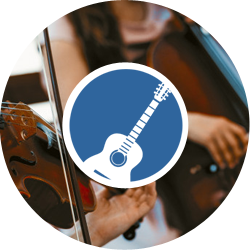 The subject of this period is classical music.
The subject of this period is classical music.

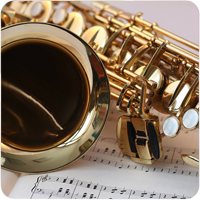

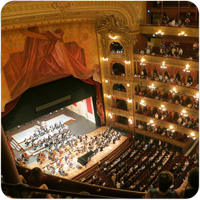
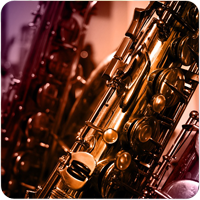 Study the vocabulary. (10 minutes)
Study the vocabulary. (10 minutes)
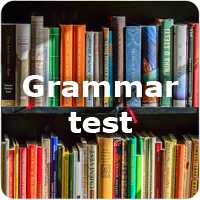 You are going to take a grammar test.
You are going to take a grammar test.


 What have you learnt in this period?
What have you learnt in this period?
